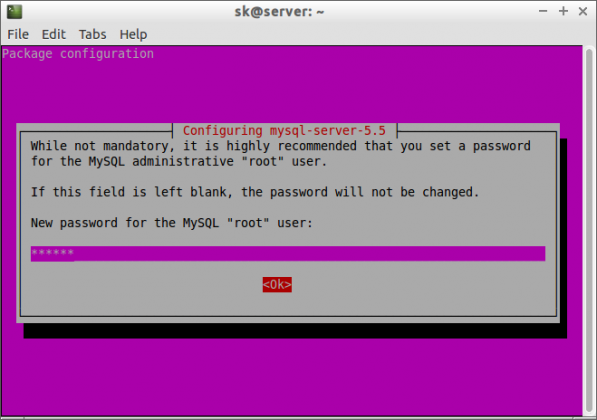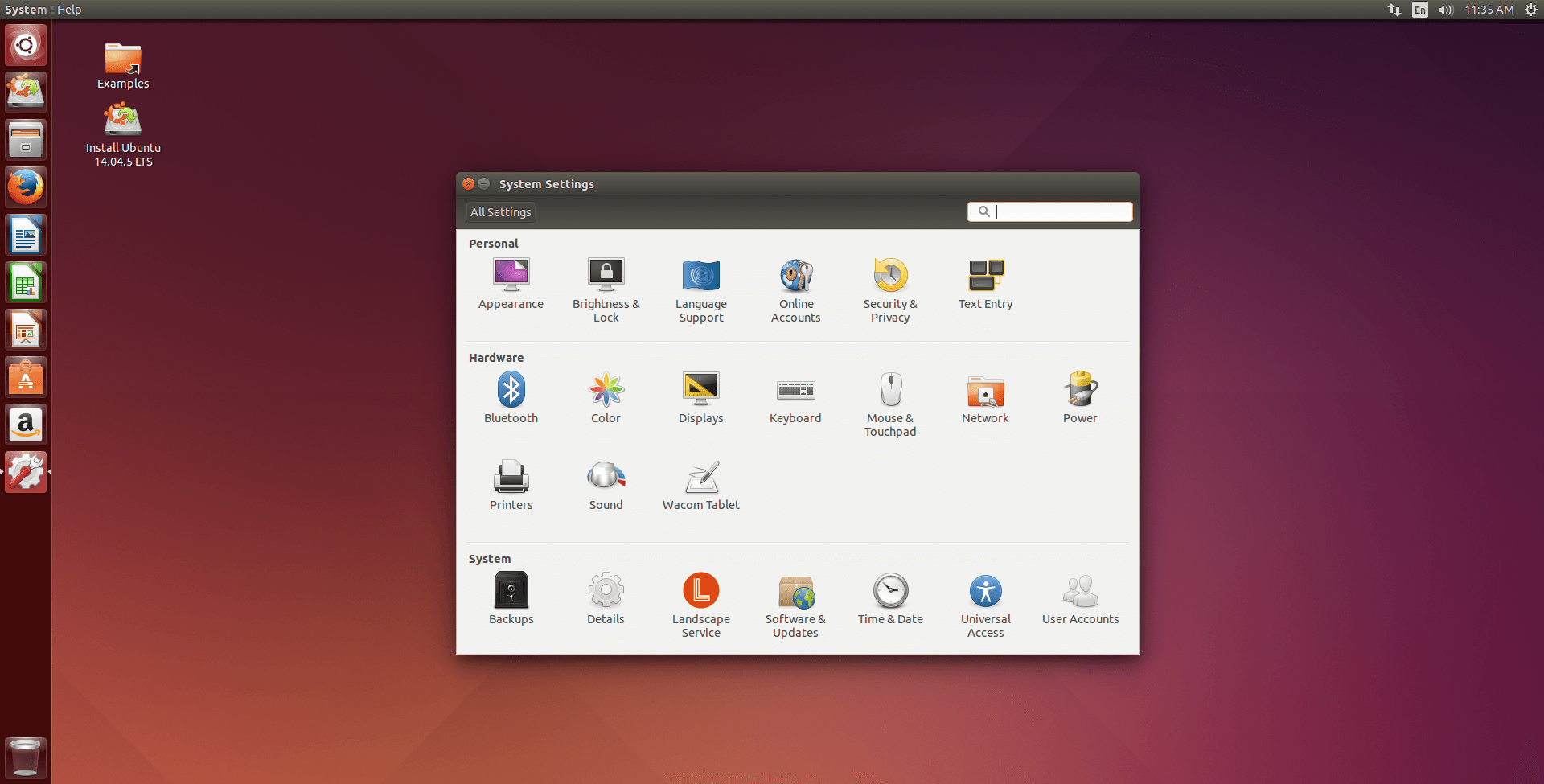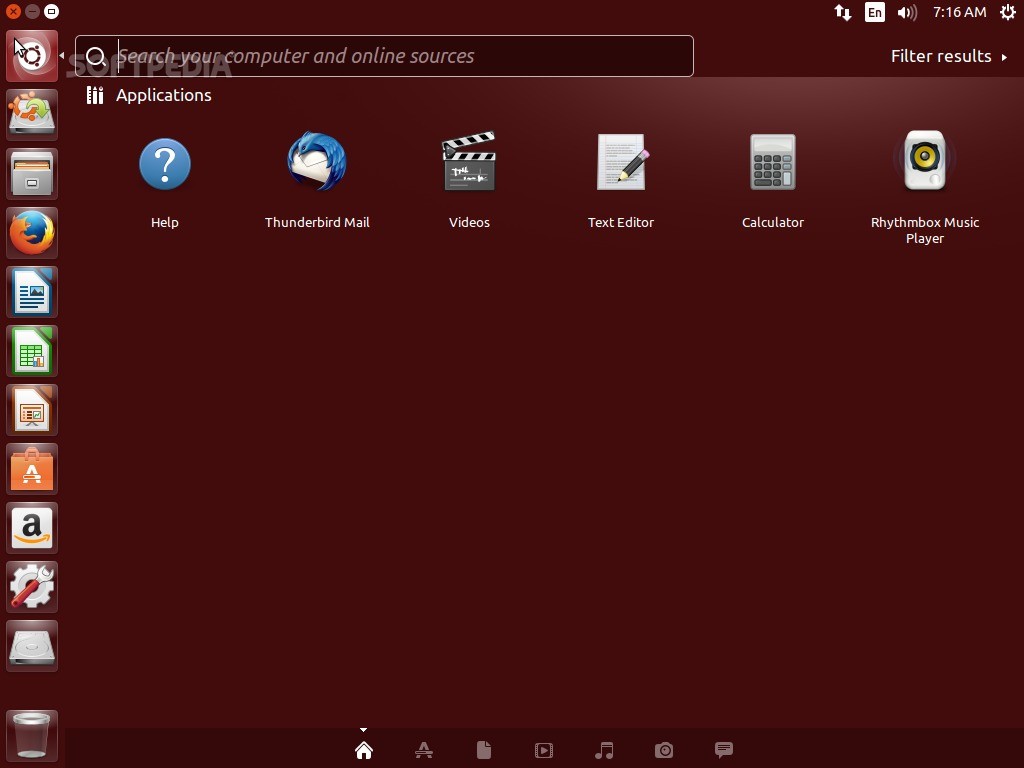

LTS releases get regular point releases with support for new hardware and integration of all the updates published in that series to date. The first LTS releases were supported for three years on the desktop and five years on the server since Ubuntu 12.04 LTS, desktop support for LTS releases was increased to five years as well. Long-term support includes updates for new hardware, security patches and updates to the 'Ubuntu stack' (cloud computing infrastructure). Since the release of Ubuntu 6.06, every fourth release receives long-term support. The first release was in October 2004.Ĭurrent long-term support (LTS) releases are supported for five years, and are released every two years. Ubuntu releases updated versions predictably every six months, and each release receives free support for nine months (eighteen months prior to 13.04) with security fixes, high-impact bug fixes and conservative, substantially beneficial low-risk bug fixes. Ubuntu is built on Debian's architecture and infrastructure, and comprises Linux server, desktop and discontinued phone and tablet operating system versions. Ubuntu is named after the Nguni philosophy of ubuntu, which Canonical indicates means "humanity to others" with a connotation of "I am what I am because of who we all are". Canonical generates revenue through the sale of premium services related to Ubuntu and donations from those who download the Ubuntu software. Canonical provides security updates and support for each Ubuntu release, starting from the release date and until the release reaches its designated end-of-life (EOL) date. Ubuntu is developed by British company Canonical, and a community of other developers, under a meritocratic governance model. As of October 2022, the most-recent release is 22.10 ("Kinetic Kudu"), and the current long-term support release is 22.04 ("Jammy Jellyfish").


Ubuntu is released every six months, with long-term support (LTS) releases every two years. Ubuntu's default desktop changed back from the in-house Unity to GNOME after nearly 6.5 years in 2017 upon the release of version 17.10.

Ubuntu is a popular operating system for cloud computing, with support for OpenStack. All of the editions can run on a computer alone, or in a virtual machine. Ubuntu is officially released in three editions: Desktop, Server, and Core for Internet of things devices and robots. Ubuntu ( / ʊ ˈ b ʊ n t uː/ ( listen) uu- BUUN-too) is a Linux distribution based on Debian and composed mostly of free and open-source software. Free software + some proprietary device drivers


 0 kommentar(er)
0 kommentar(er)
